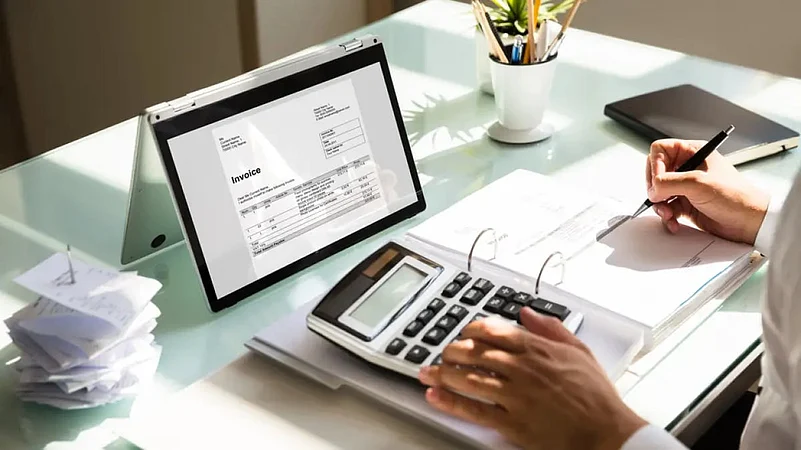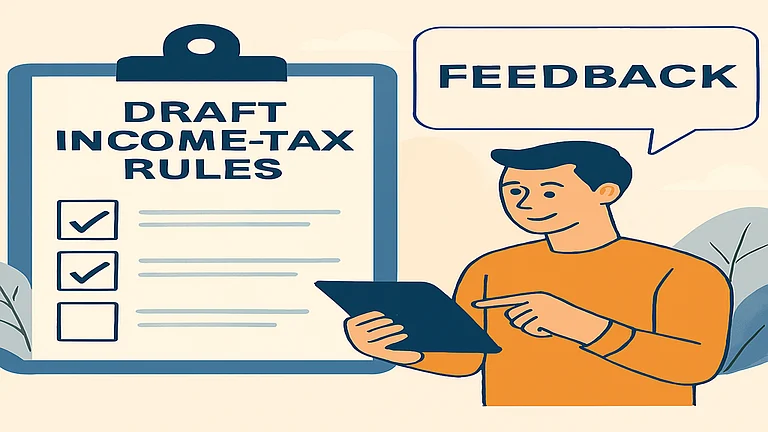Recently, a user posted on a Facebook group about how smaller payments are clogging his main salary account, which was making it difficult for him to track his expenses. He said he was considering opening a second bank account, exclusively for his expenses.
While there’s always the possibility to manually reconcile all the expenses, it takes up a lot of time and effort. “Most people don’t need more than one bank account but end up with multiple accounts because they open a new one with every job change, or simply at different stages in life. This usually results in expenses and balances getting fragmented across these accounts, which can give users a very confusing picture of their finances,” says Sumit Gwalani, co-founder, Fi, a financial services application.
The other option is to use personal finance apps, available for both Android and iOS users. Apps such as Fi Money, Jupiter, Fam Pay, myBillBook and others make it possible to aggregate all the expenses and income sources for easier reconciliation.
"These apps gives real-time visibility on revenue (income), spending, investments and profit or loss. It helps to keep a track of the account payables & receivables for each customer and vendors (if applicable). Digitisation of billing, payments and others helps avoid errors and saves time which in turn improves efficiency," said Rahul Raj, founder and CEO , FloBiz, a India based neobank and owner of myBillBook cloud based accounting software.
Some of these apps have secured an official licence to operate on the account aggregator framework. What this means is that these applications, with the consent of their users, can fetch the details of the bank accounts and investments as per the user’s preference. This can help you get a comprehensive picture of your expenses and investments.
What Are The Benefits?
“Connecting their accounts will give users a comprehensive view of all expenditures and balances across accounts and an accurate picture of their liquidity. This will eliminate the need to check multiple mobile banking apps, and in the longer term, make better financial decisions,” says Gwalani.
Some of these apps go one step further to build up expense analysis reports, expense bifurcation, and other data reports to help users understand the nature of their expenses.
This will be useful for users who have multiple bank accounts already and need to check their balances regularly.
“The Account Aggregator Enabled personal finance applications can help users with multiple bank accounts track their balances without changing apps,” says Nikhil Kurhe, CEO, Finarkein Analytics, a data analytics company.

Since the entire consolidated bank account details across multiple banks will be visible to the user in one app, tracking becomes easy. Some of these apps also give the users a detailed statistical analysis about their expense pattern.
“Finance apps can aggregate all the financial data in one place and then create a report based upon it. Users can see that report to better analyse their finances and expenses,” adds Kurhe.
These applications can also be used to track investments across multiple folios.
“Connecting multiple bank accounts can also improve fraud detection and prevention standards. While each bank has its own measures in place, a security agency can add another layer of protection that can span across the user’s multiple accounts. The AA framework can enable real-time monitoring across accounts which can improve security standards across the banking industry,” adds Gwalani.
Things To Watch Out For
While these apps are useful, they may make you vulnerable to frauds if you are not careful enough. To start with, it is important to download the correct version. It’s best to stick to apps that come under the Account Aggregator (AA) framework.
Android users should always use the Google Play Store along with the ‘Play Protect Secure’ settings so that you only download the correct application.

“Google Play Protect checks your apps and devices for harmful behaviour. It runs a safety check on apps from the Google Play Store before you download them. It also checks your device for potentially harmful apps from other sources. These harmful apps are sometimes called malware,” reads a post from Google.
For iOS users, Apple has a similar cloud-based protection, but it may be better to use an antivirus or anti-malware app to regularly scan your phone.
While iOS users were not able to use most of these apps due to stringent privacy norms, the AA framework has solved the problem for them.
"From a customer standpoint, the consent managers (account aggregators) has to maintain a record of all consents taken from the customer. This record is available to the customer directly, and they can request revokation or suspension of any prior consent at any point in time. For instance, if you give an institution permission to access your bank account data for 6 months, you can come back and revoke the consent later, if you chose to not engage with that financial institution," said Amit Das, CEO and co-founder of Think360.ai, a full stack data science company.
Since you are consenting to share your financial data with different aggregators, data privacy issues also come into play. The AA rules specify that the aggregators are not allowed to store, process or sell the data. You may also withdraw your consent for account aggregation at any time even if you are live with the respective app.
Also, the AA participants will soon come under the revised Data Governance Guidelines under the Ministry of Electronics and Information Technology. While that may provide some some degree of data protection, until then, you must assess carefully if you are concerned about data privacy.













